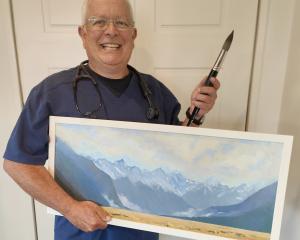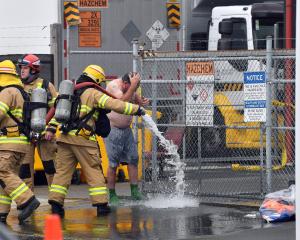General representative Lauren McEwan-Nugent and women's representative Laura Weaser resigned at the start of this month, just a month after the resignation of Maori representative Hariata Ngatai.
President Edwin Darlow said on Friday while he was disappointed, each person had their own reasons for leaving.
"It is obviously disappointing to have any executive members resign.
That said, if individuals feel that they are unable to do the job they were elected to do, then it [resigning] is probably the right decision for the association and its members."
The executive has 17 members representing the university's 20,000 students, but went into the year with only 16 as there was a vacancy for a commerce students' representative.
Harriet Geoghegan filled that vacancy at a by-election held on March 25.
However, no-one put their name forward to fill Ms Ngatai's position so that role still remains unfilled.
OUSA secretary Donna Jones said another by-election would be held on May 21 for all three vacancies.
The number of people on the OUSA executive has been steadily increasing in recent years.
This year, a "queer rep" to look after the interests of gay students was elected for the first time.
Mr Darlow called the present structure "convoluted" and said it offered "an appalling lack of communication pathways available for our members . . . to get their concerns heard at an executive level".
One of this year's priorities was to review the governance structures and processes before the 2010 executive was elected in August, he said.
The review was not setting out to reduce the number of people on the executive but would examine the "whole package" of the executive and how it functioned.
That would include looking at how other student organisations operated.
Mr Darlow said some elected a president and vice-president and one or two others with specific responsibilities, as well as a pool of members who were given portfolios later.
That system was worth considering.
"Every executive member should be concerned about every student and every issue, whether they have been elected to represent a particular group or not."
The OUSA also needed to more effectively educate students thinking of standing for the executive about what their responsibilities and time commitments were likely to be, he said.












